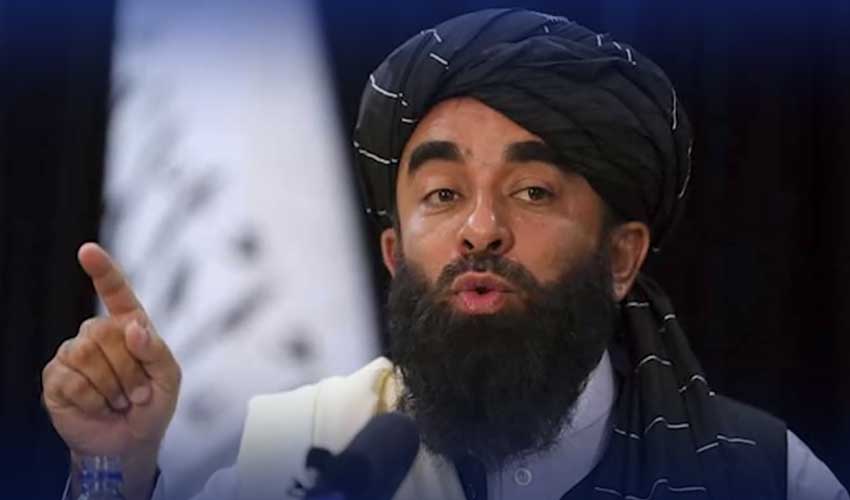In Afghanistan, since the Taliban assumed power in 2021, instability has escalated, leaving millions of civilians grappling with dire circumstances. The Taliban's focus on promoting terrorism has diverted resources away from addressing pressing humanitarian needs.
Women, journalists, minorities, and activists are among those bearing the brunt of the Taliban's oppressive regime. Economic hardships have worsened, with the ban on women working resulting in a staggering billion-dollar loss to Afghanistan's economy.
Over two million Afghan children are being forced into hazardous labor due to widespread poverty and hunger. The country's already fragile infrastructure is further strained by climate-related disasters, including droughts, earthquakes, and floods, displacing millions and exacerbating food and medicine shortages.
The banking and business sectors are in turmoil, with Afghanistan's GDP plummeting by 29% since 2021. Disability rates are rising, with discriminatory practices against disabled individuals, particularly women, perpetuated by the Taliban's policies.
Despite international aid, the Afghan people continue to suffer, as the Taliban prioritizes its own interests over the welfare of its citizens. Calls from the United Nations and human rights organizations for urgent action by the Taliban remain unanswered, as Afghanistan teeters on the brink of further devastation.


























